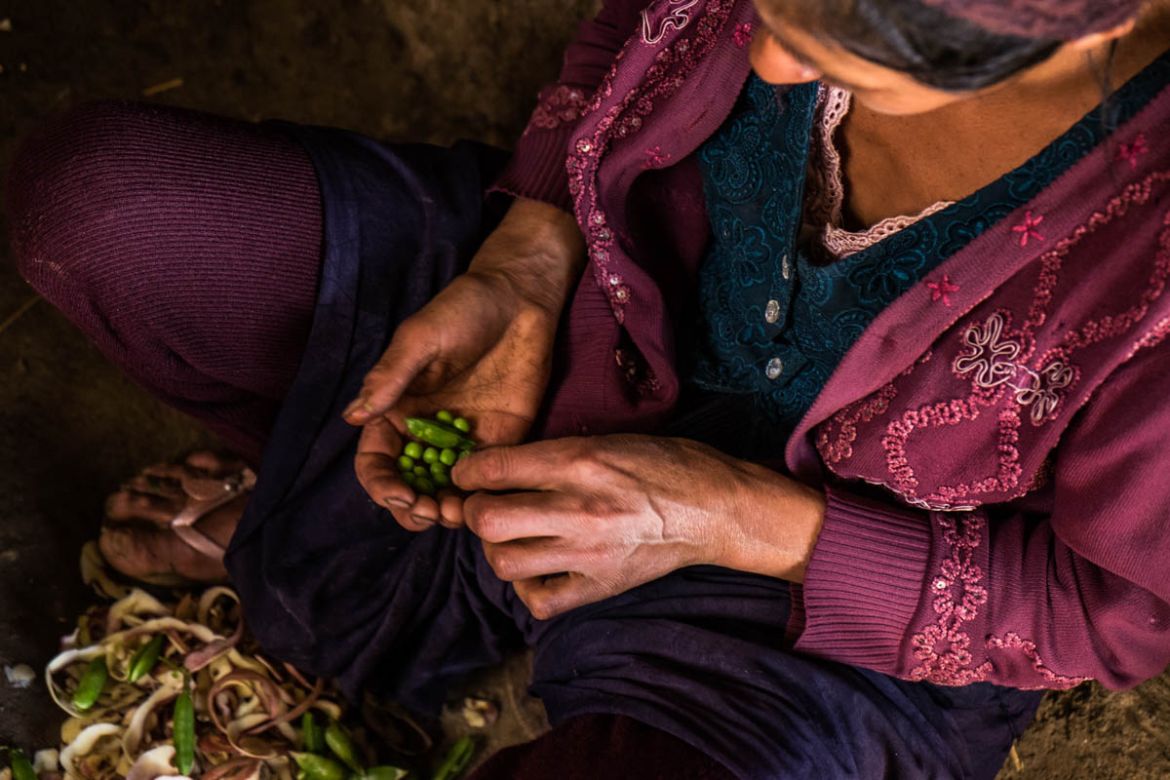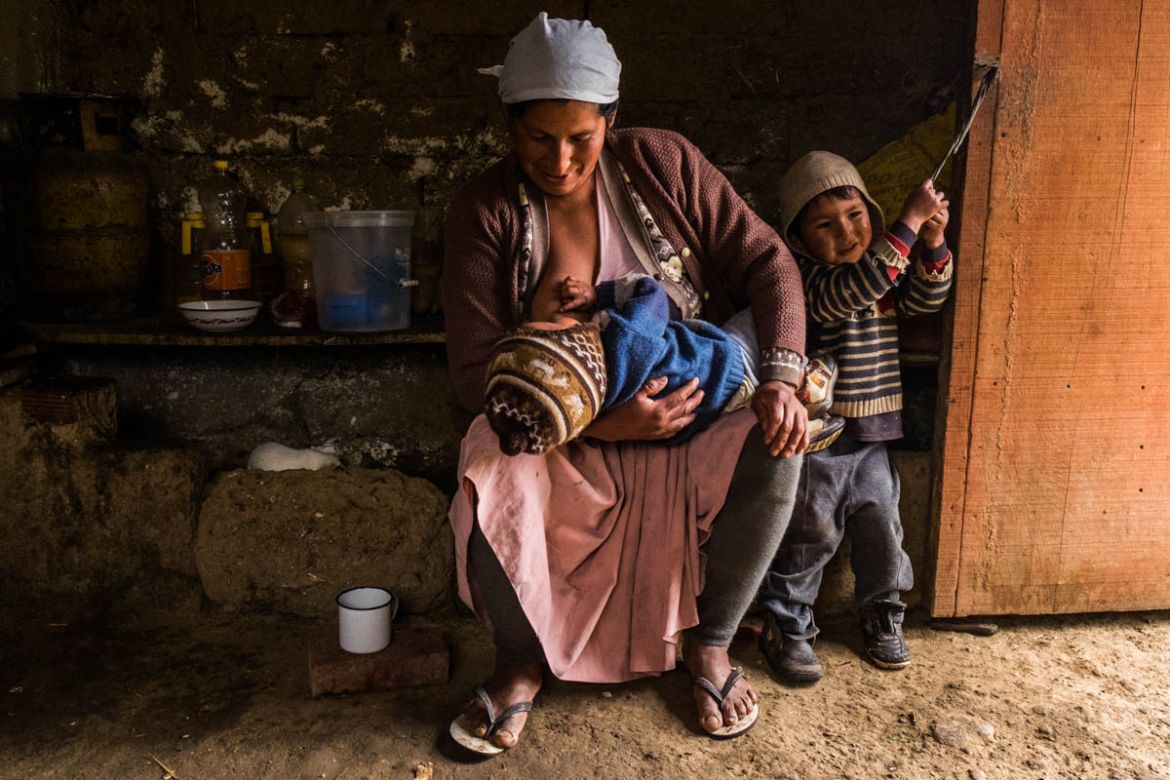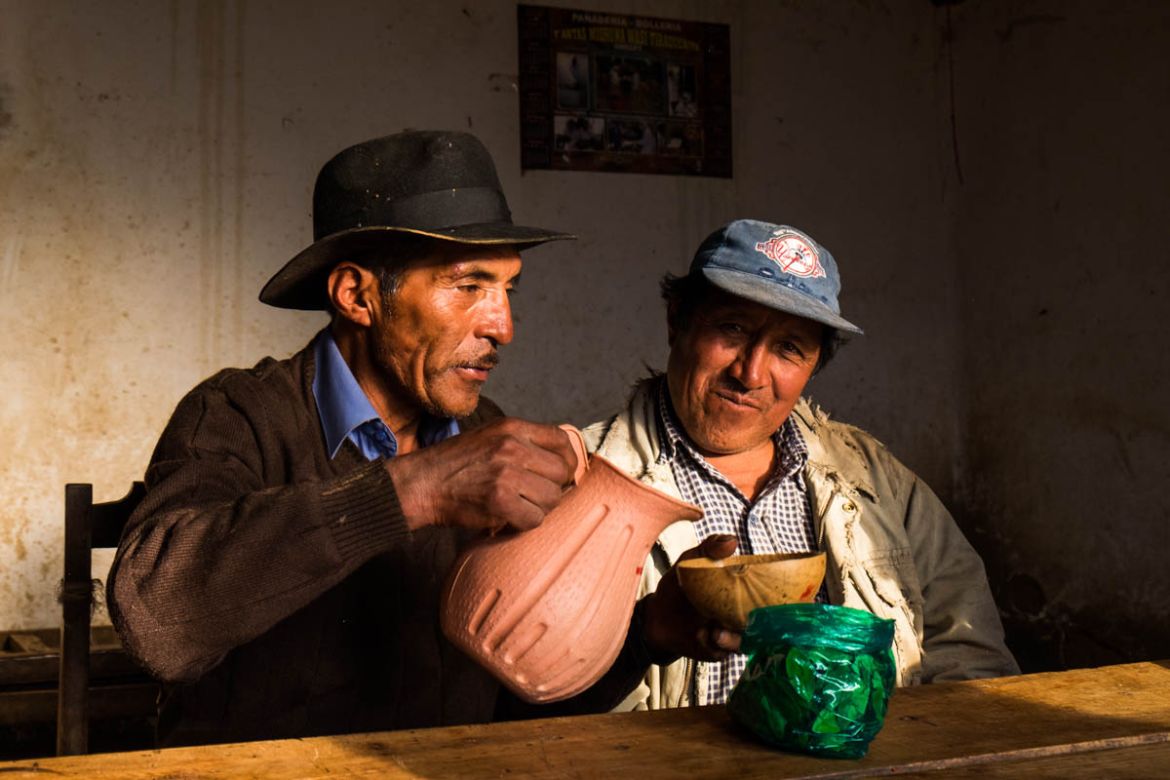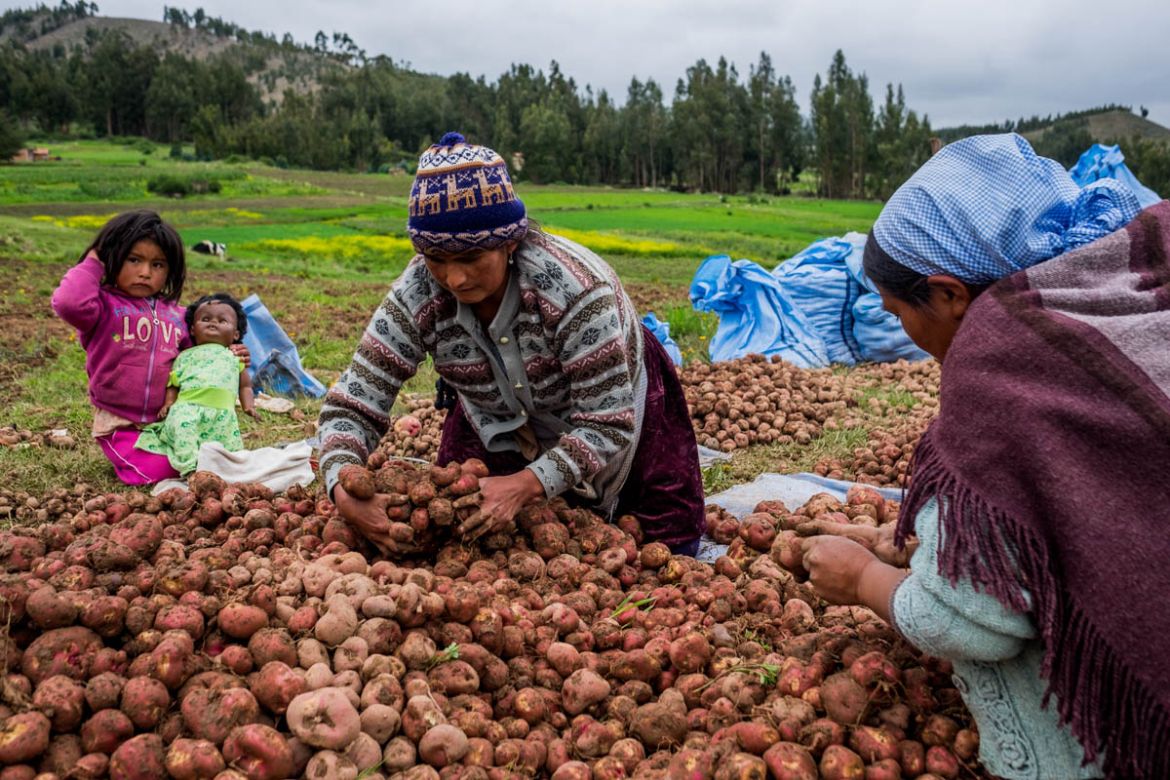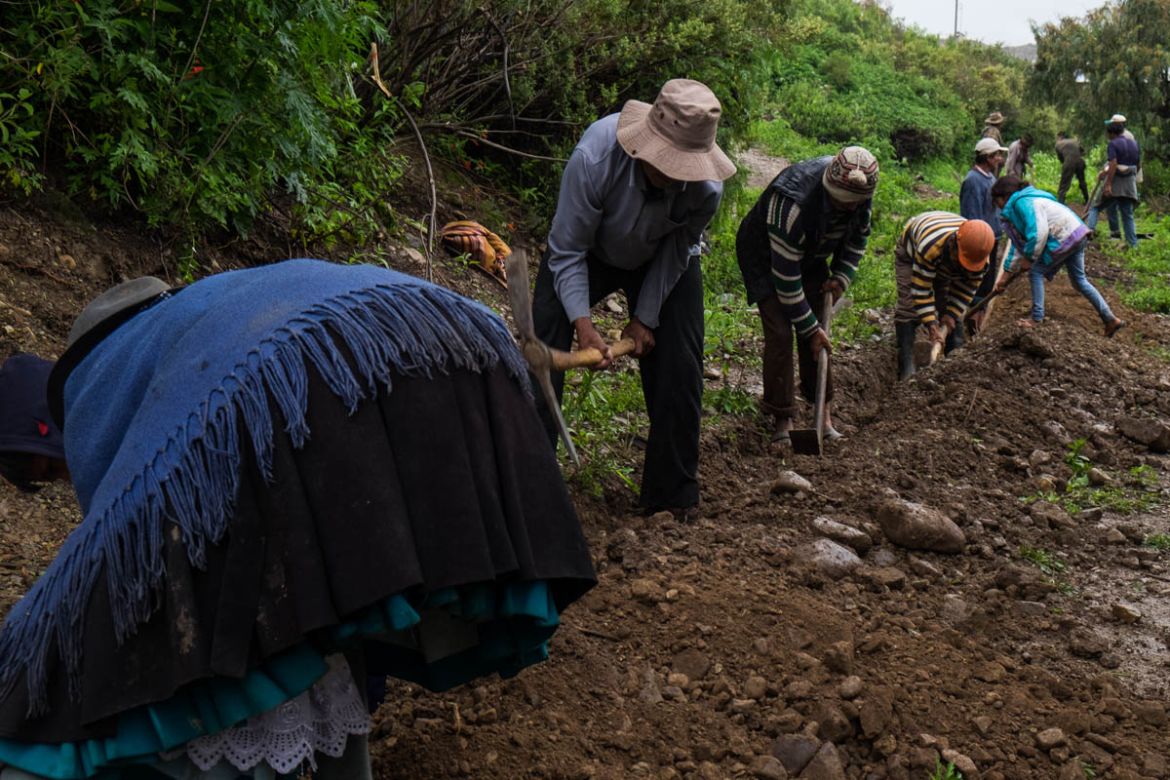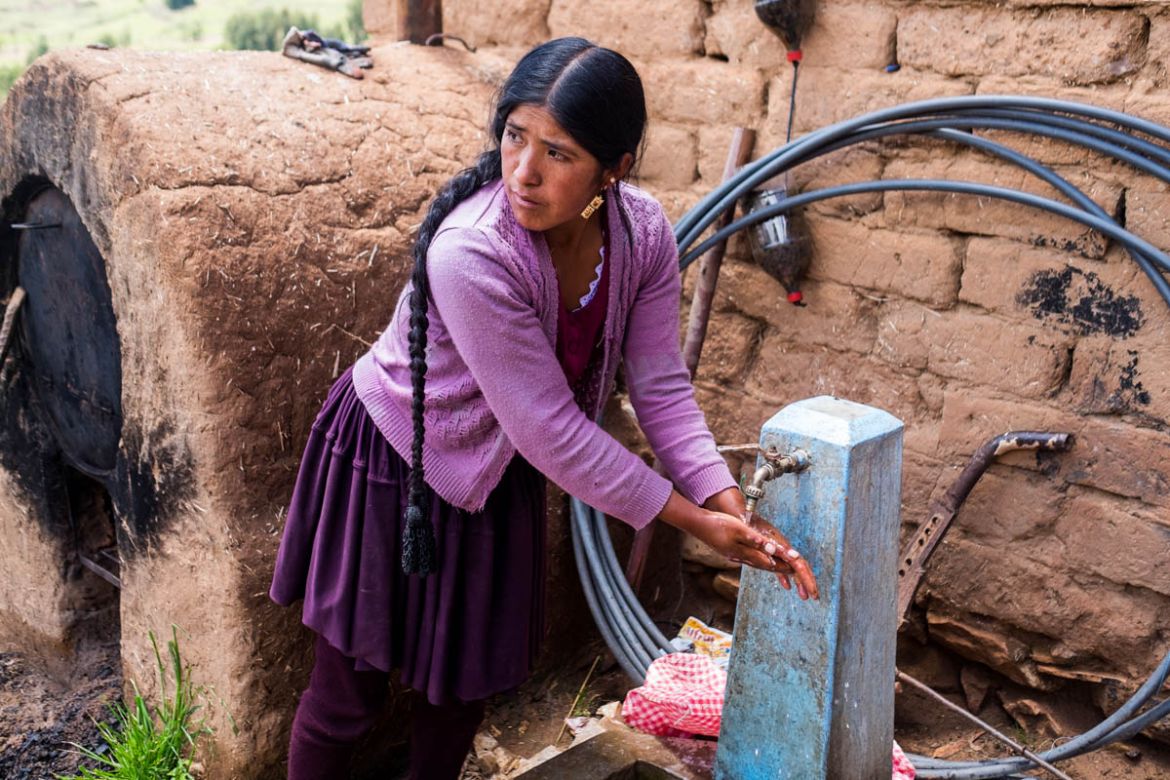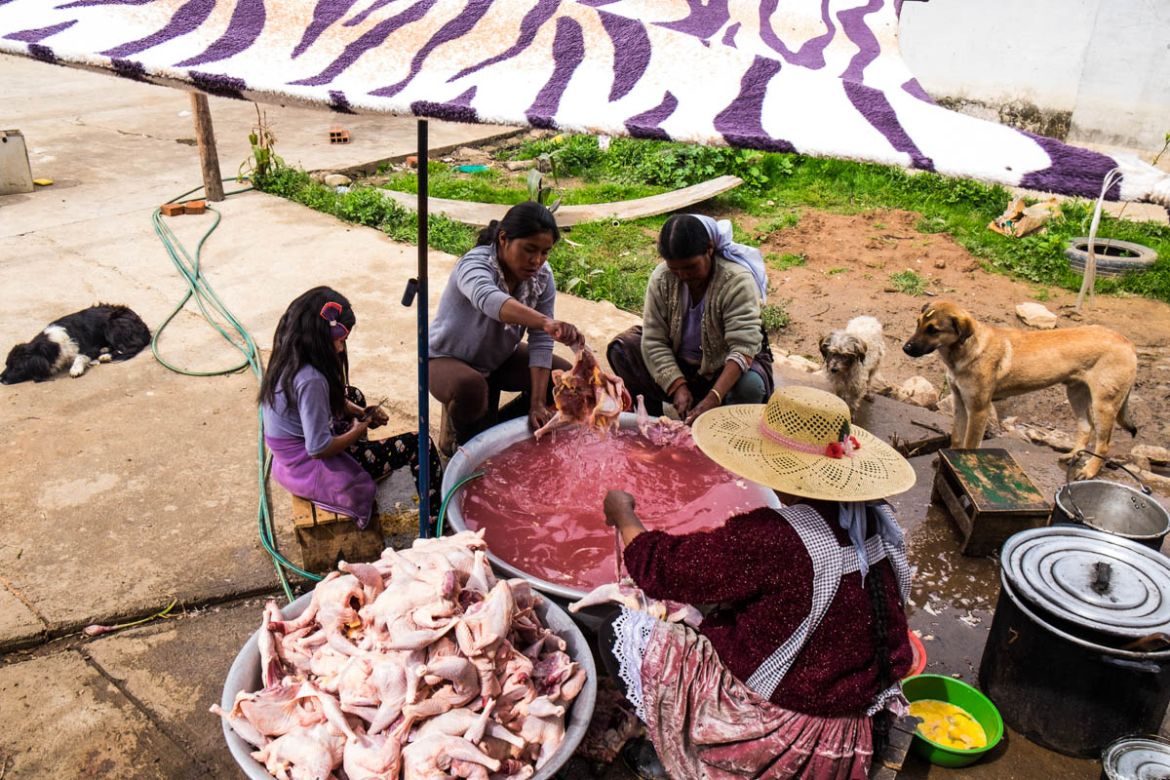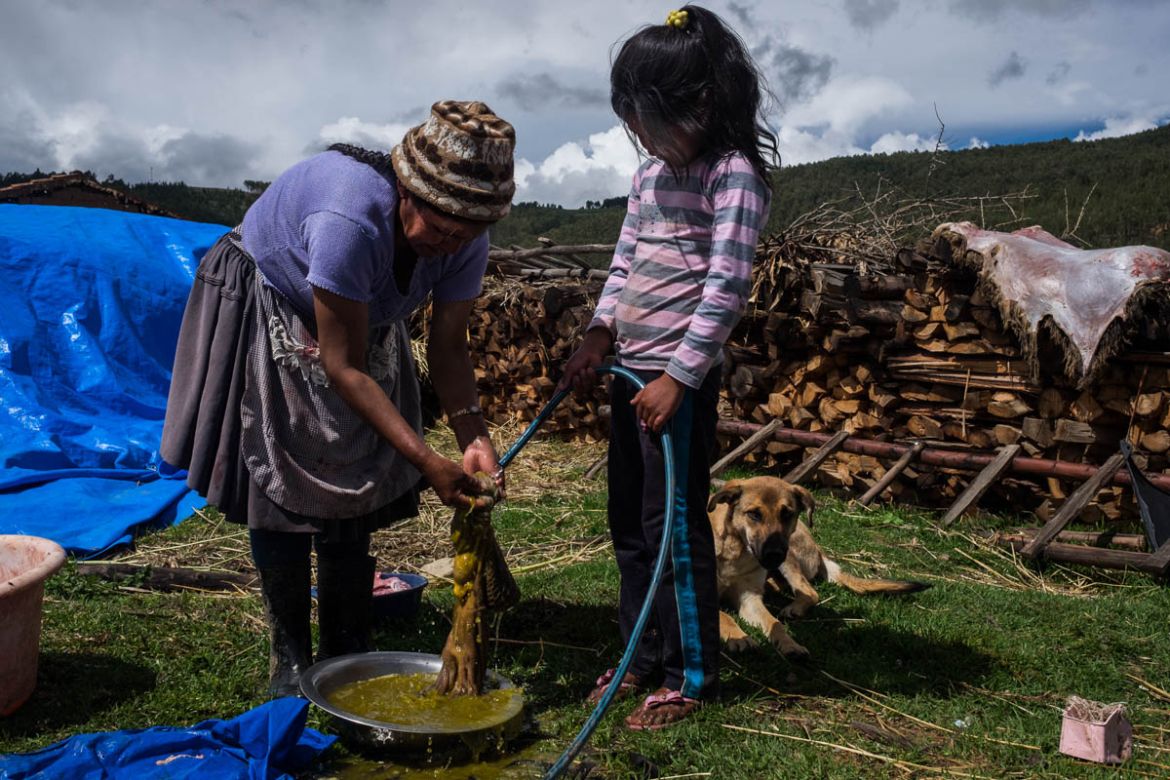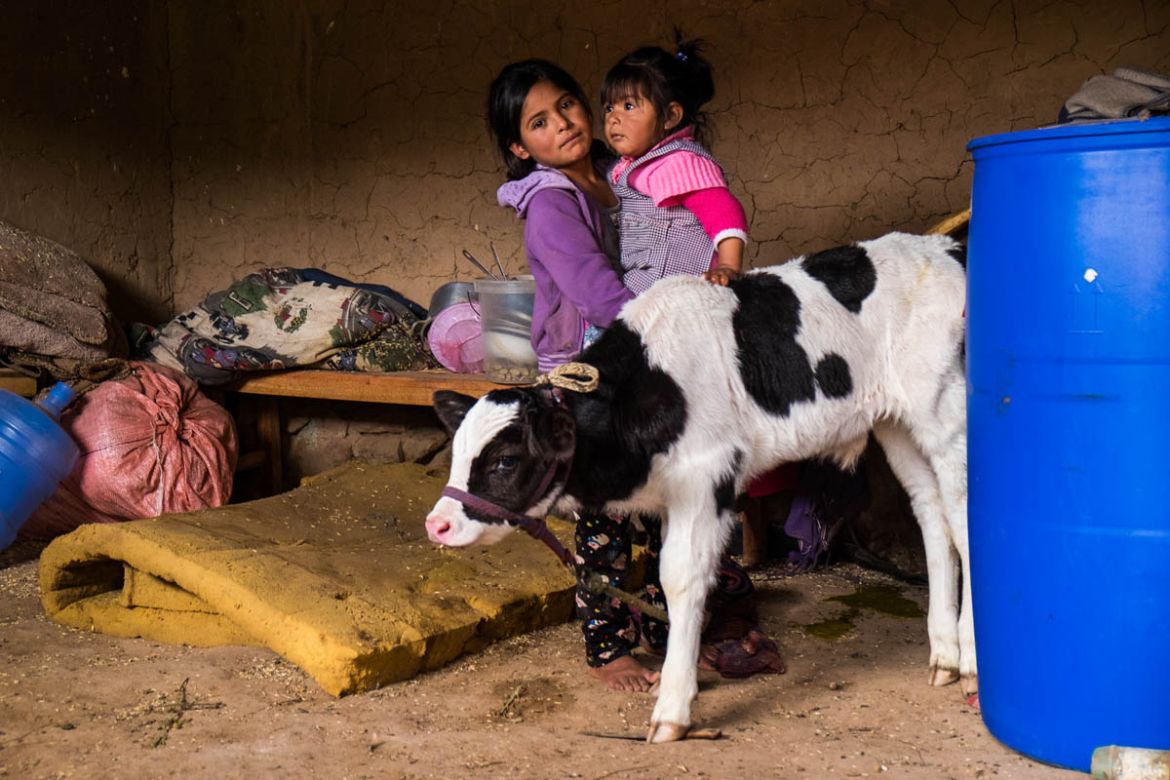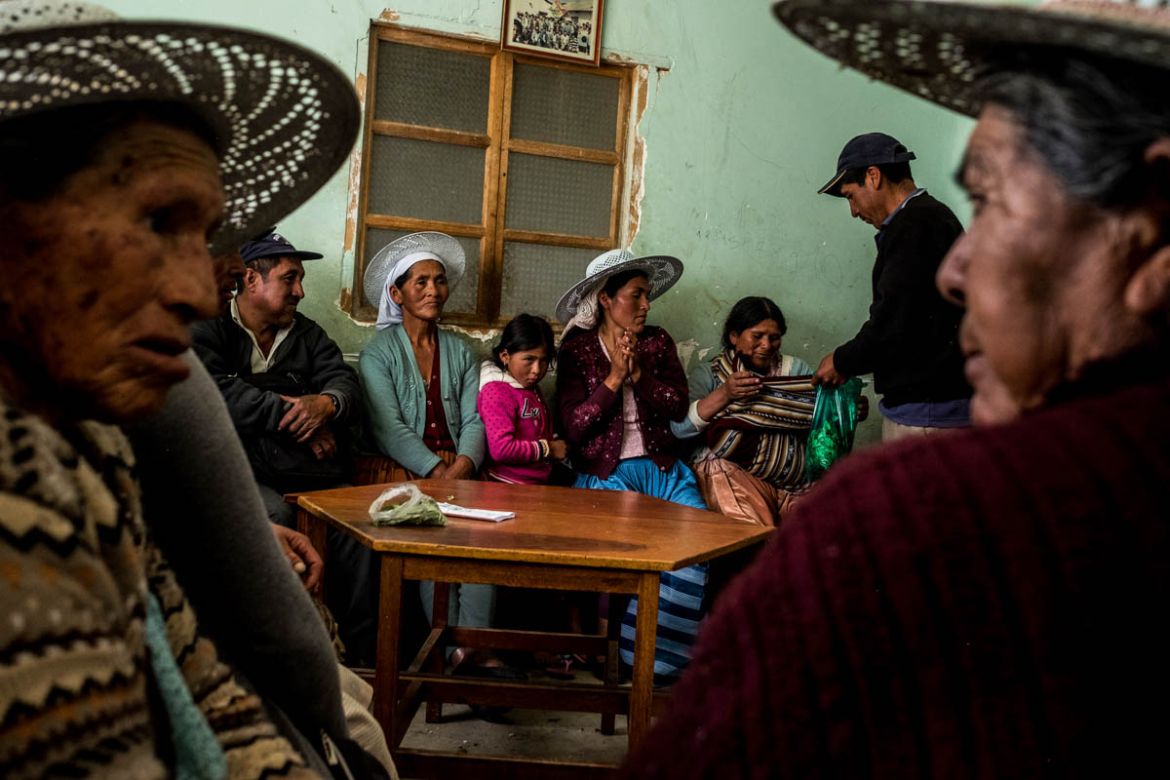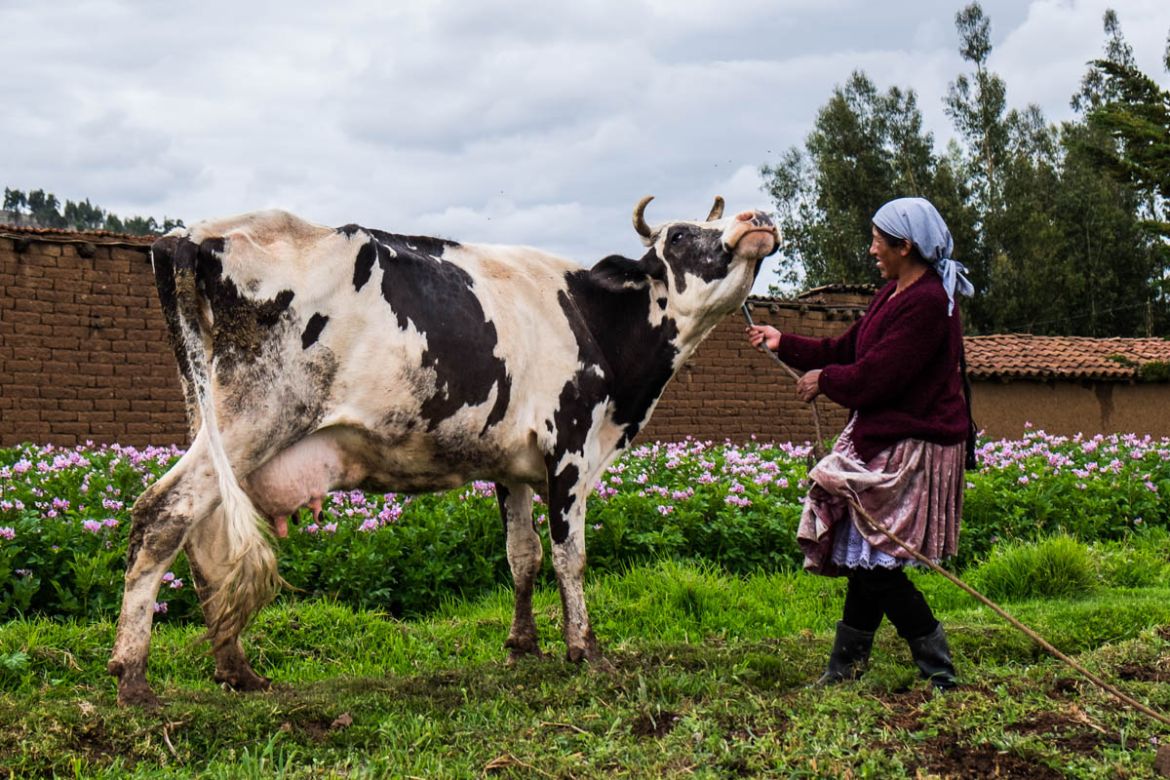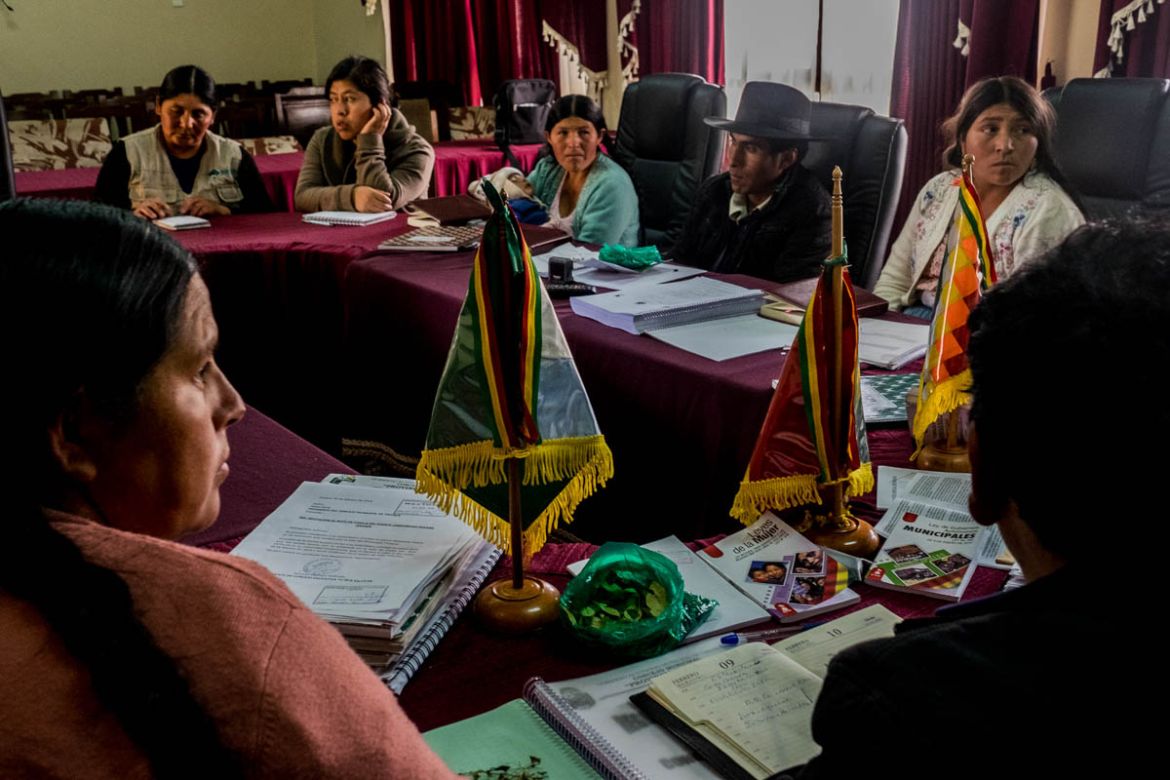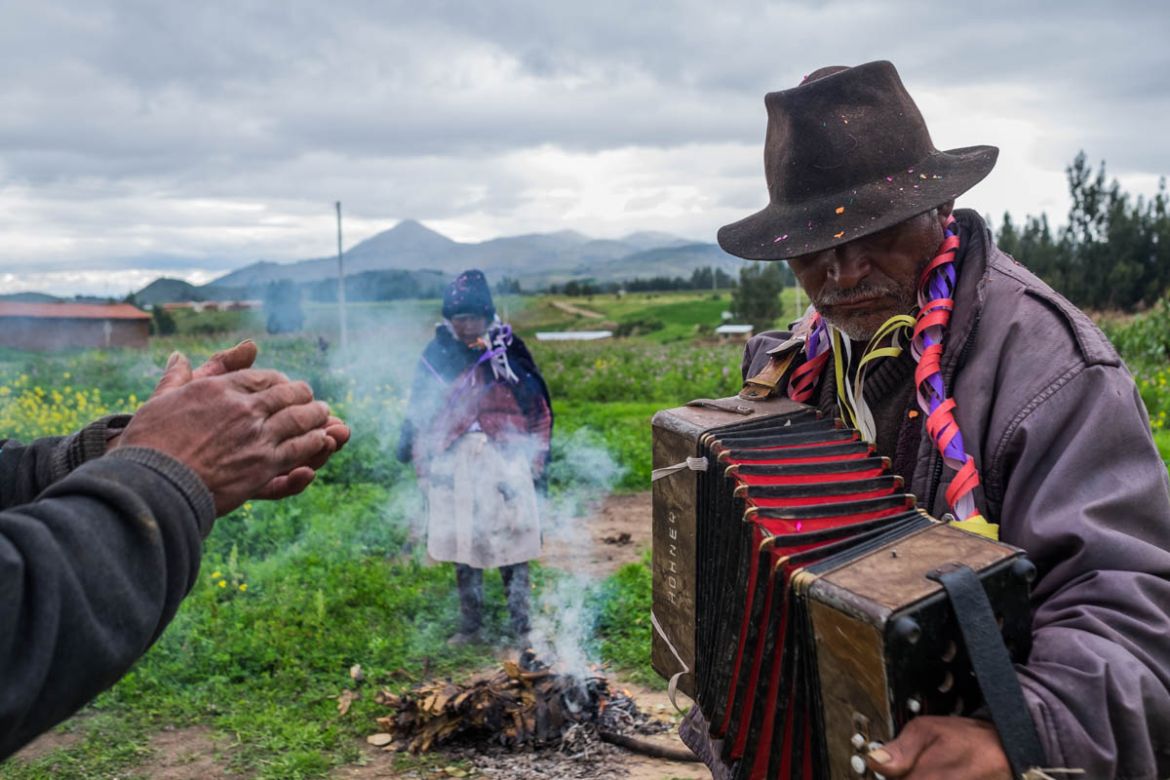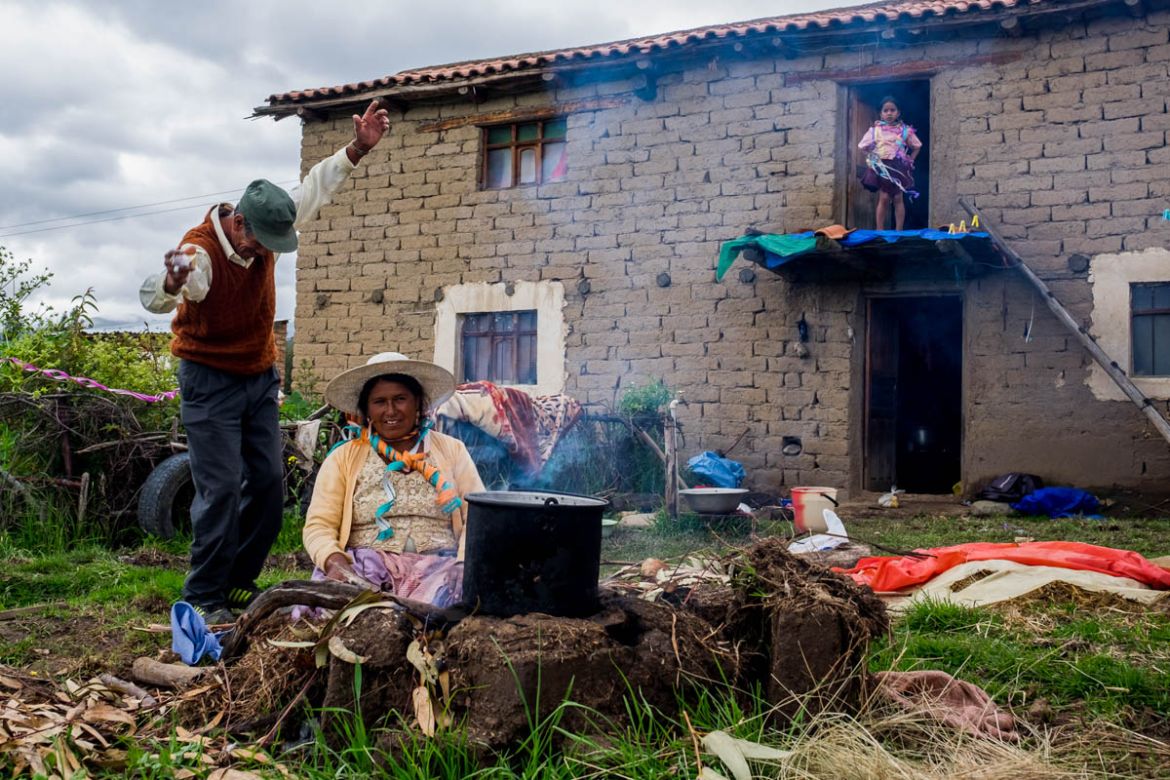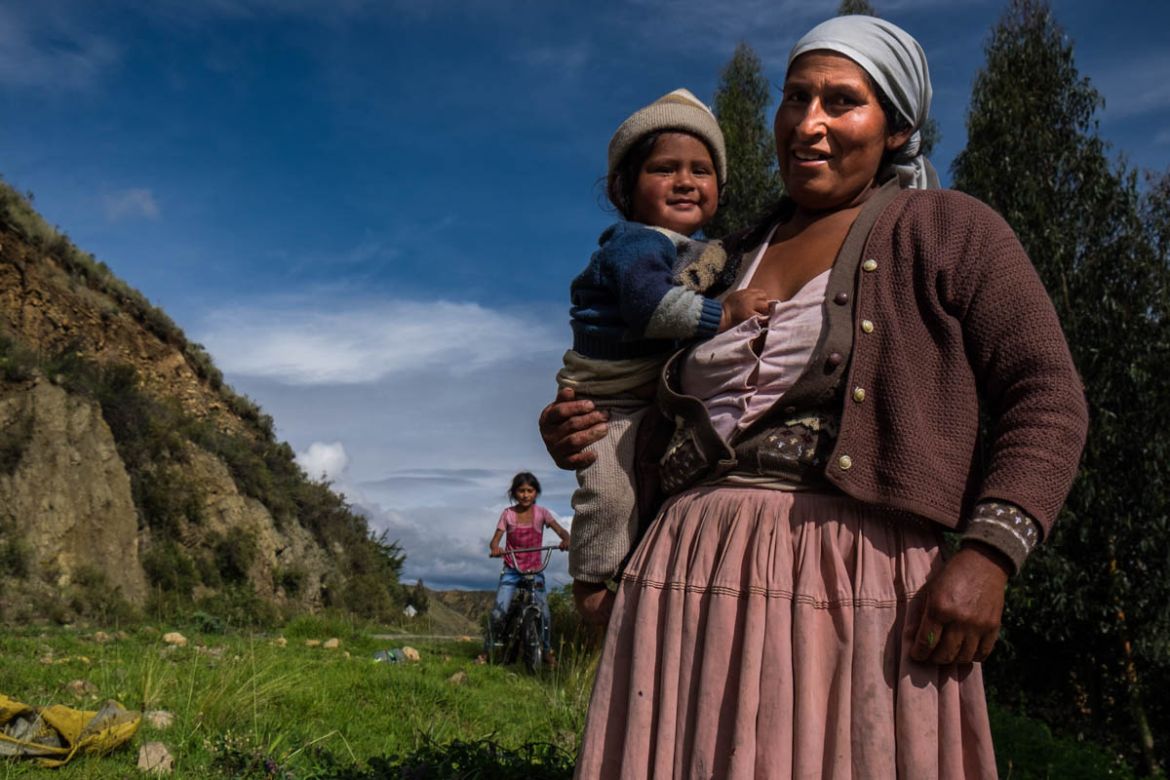In Pictures
Bolivia’s indigenous women cope with climate change
Government agencies and NGOs collaborate to empower Bolivian women to take on a greater role in their communities.
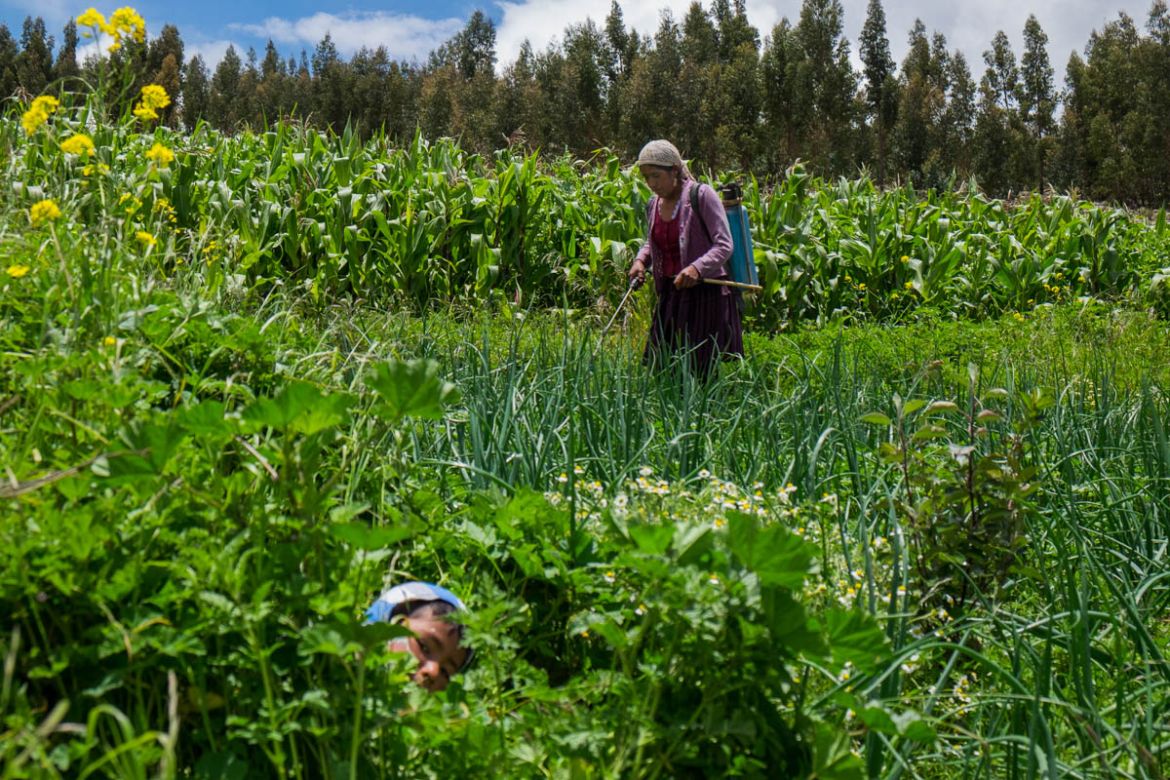
Bolivia is among the many countries around the world now dealing with the consequences of global warming, including extreme weather patterns.
Especially vulnerable are the mostly indigenous farmer communities, which depend on regular seasonal patterns to make a living.
For the Quechua community in southwestern Bolivia, the reduction of the rainy season from five to two months and the flooding and erosion it brings result in a loss of crops and livestock.
During the extended dry season, the community is left with meagre sources of water, affecting the amount and quality of the farmers’ harvest. Pest outbreaks have also increased, damaging many crops.
Tiraque is a town located 3,300 metres up the Cochabamba Valley in the country’s central region. It has 147 indigenous communities, who mostly depend on agriculture.
Here, women are responsible for providing food for the family, and their options are usually limited to working in agriculture.
Because of deep-rooted gender inequality, women are less informed, less valued by men and excluded from the decision-making process in the community, making them even more vulnerable.
In the past 10 years, NGOs and the government have focused on reducing the gender gap and teaching the community how to adapt to climate change, while empowering women to take on a greater role in society.
